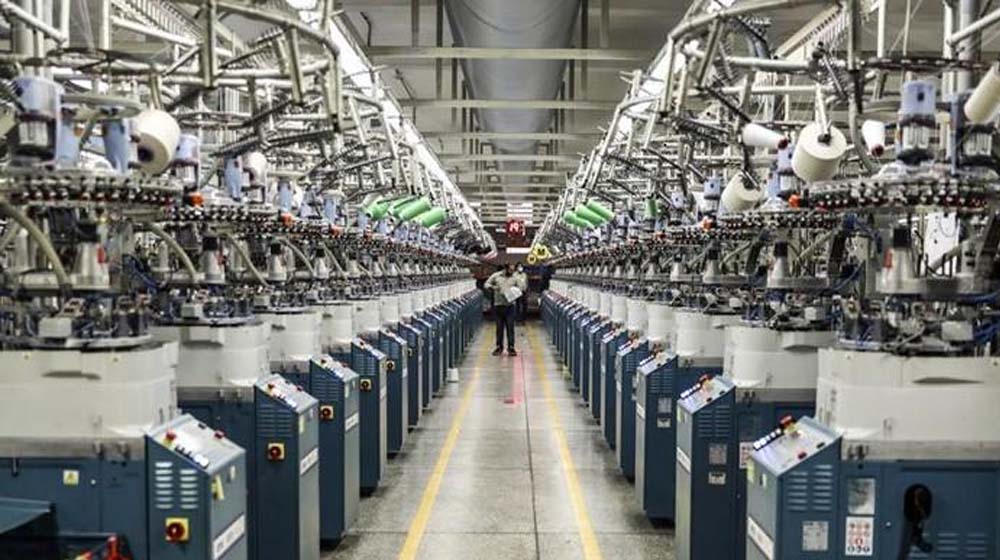Engineering Post Report
National SME Policy 2021 has recently been launched. The policy had been formulated in four years extensive efforts of Small and Medium Enterprises Development Authority (SMEDA) under the leadership and supervision of the Federal Ministry of Industries and Production with technical assistance provided by USAID. The National SME Policy has established a a short term and a medium to long term framework with an effective mechanism for its effective and productive implementation clearly laying down the rules and responsibilities of the line departments and government agencies. Effective and proper implementation of the policy will hopefully prove a game changer for the SME sector growth in Pakistan.
The newly announced national policy has provided a number of incentives such as the access to finance, simplified regulations, ease in payment of taxes at a lowered rate, land allocation for SMEs, business facilitation, through a reinvigorated SMEDA, share in public procurement access to the international market through e commerce.
The policy has also offered a somewhat unique financial scheme “SAAF Collateral Free Financing” for SMEs which has never been offered previously. The policy has also provided a No NOC (No Objection Certificate), Self-Declaration, E-Inspection and Time Bound Approval Regime for small and medium enterprises in the country. Alongside, SME taxation structure was accordingly being reduced ensuring tax harassment elimination and filing of tax returns streamlined.
SME Certification Support Programme was also being launched for handling the SMEs through SMEDA. Special quotas for SMEs in Rachna Industrial Estate Lahore and Bin Qasim Industrial Estate Karachi have been earmarked. Accordingly, access of the SMEs to trade shows , participation in the trade delegations, e-commerce , SME Matching Grants, Online Training Registration Portal, Virtual SME Helpdesk, SME Helpline,250 plus project feasibilities were also being made available to the SMEs under the national policy through SMEDA.
Under the newly announced national policy for SMEs, SME Business Plan competitions will be organized at the university and district levels gradually progressing to the provincial and federal levels as well for creating a business culture among the youth. Once in a year a ceremony will also be held at the national level and selected projects will get up to as high as 80 per cent matching grants from the federal government.
Another important initiative under the national policy is the provision of lands for the SMEs. Cost of the land so high that an ordinary small sized business is unable to first purchase the land and then set up business. In order to alleviate this problem to some extent, the Ministry of Industries and Production has already allocated 100 acres each for SMEs in the industrial estates in Lahore and Karachi, as already mentioned above, The SMEs will be provided small sized plots in the industrial estates on a lease based model.
It is pertinent to mention here that the Federal Government through the Ministry of Industries and Production is committed to remove all business rules and regulations which stifle SMEs growth. Already, more than 70 reforming measures have been taken which are benefitting the SMEs growth in the country.
Quite obviously, the federal government duly acknowledges the significance of the SME sector and was accordingly making concerted efforts for providing a level playing field for the businesses by devising policies that are favourable for the SMEs.
A National Coordination Committee (NCC) was constituted by the prime minister on SME development in August 2020 with the objective to facilitate development and promotion of SMEs in the country. In the second meeting of the NCC in October 2020, the prime minister had approved National SME Policy Action Plan 2020 to provide much needed support to the SMEs. The Plan 2020 focused on key areas including SME definition, access to finance, business development services, skills and human resource, technology market access, infrastructure and entrepreneurship and provided extensive recommendations in each of the above-mentioned areas.
Key recommendations /initiatives which were proposed under the plan included simplification of rules, regulations and taxation regime, programmes for SME access to credit, SME quota in public procurement, simplification of Security and Exchange Commission of Pakistan (SECP), facilitation to participate in international fairs and exhibitions on subsidized rates and developing SME data bank for bridging the gap.
According to the information available from SMEDA sources, there are approximately two million small and medium enterprises in Pakistan. These include 400000 manufacturing units, 600000 service sector related units and another one million trade sector units i.e. retailers.







